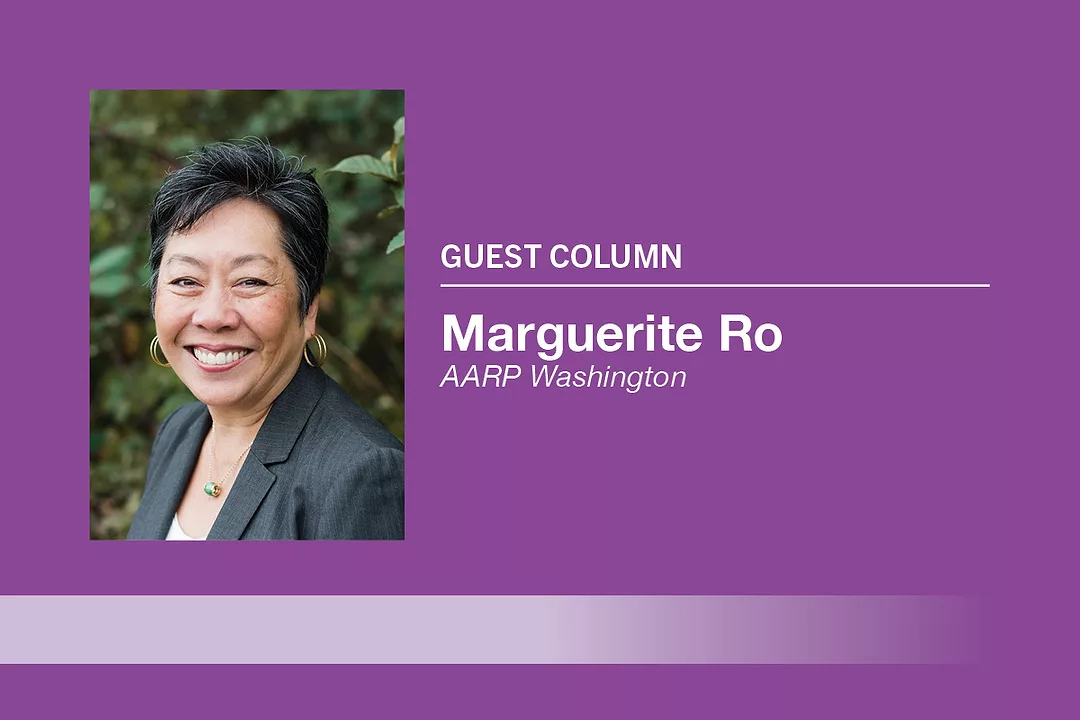
Home » Science deepens our understanding of what keeps the brain sharp
Column
Science deepens our understanding of what keeps the brain sharp
Free virtual event set for Thursday, June 5

June 2, 2025
Since the early days of human history, we have been fascinated with our own brains. The ancient Greeks were the first to suggest that the brain, not the heart, was the seat of intelligence. During the Middle Ages, anatomical studies unlocked the connection between our brains and the nervous system. In the last century, scientists identified neurons and synapses, which helped us understand how the brain transmits information.
Humans have spent millennia wandering this path of discovery, which has evolved into the sophisticated field of neuroscience and an explosion of modern-day research. Thanks, in part, to cutting-edge research in the Evergreen state, there is growing knowledge and understanding about the various factors that impact cognition and brain health.
AARP is highlighting these scientific advances during Brain Health Awareness Month in June with the help of local organizations.
The Allen Institute, a nonprofit research organization based in Seattle, recently released findings from a study that examined the brains of mice, which identified not only which brain cells are most affected by aging but also where in the brain these cells are concentrated – the area in the brain that controls appetite, energy and metabolism. In partnership with University of Washington School of Medicine and Kaiser Permanente Washington Health Research Institute, they have also made significant progress in understanding the progression of Alzheimer’s disease at the cellular level.
 Courtesy Washington AARP
Courtesy Washington AARPThese findings inform other advancements in cognitive studies. The University of Washington’s Memory & Brain Wellness Center builds upon scientific research to design interventions that promote the well-being of persons living with memory loss. This includes running clinical trials, offering support groups and public education, providing information and resources for individuals and their families and an overall effort to counter the stigma and sense of hopelessness attached to a dementia diagnosis.
Memory loss or dementia should be met with understanding, not stigma. For people living with dementia and their families, creating dementia-friendly communities can help to ease the challenges and burdens. To this end, the UW team fosters programs and initiatives like memory cafés, which bring people with dementia and their loved ones together in a relaxed community space such as a café or library, and dementia-friendly walking groups, which provide a chance to connect socially while getting exercise and enjoying the fresh air.
Taking research a step further, AARP’s Global Council on Brain Health uses scientific evidence from scientists, doctors, scholars and policy experts to provide trusted information on how we can maintain and improve our brain health. The council of experts evaluates the full range of brain health research to help people make informed decisions and provide simple steps that people can take every day to boost their cognitive health and live life to the fullest.
Far too many of us assume cognitive decline and dementia are inevitable. There are, in fact, things we can do to keep our brains healthy and lessen the odds of dementia. Eating well, physical activity, getting plenty of sleep and engaging socially are important steps for a healthy brain.
Free virtual event
AARP and BECU invite you to learn more about research into the aging brain at our virtual event from 11 a.m. to 12:30 p.m. Thursday, June 5, featuring the Allen Institute and the UW’s Memory & Brain Wellness Center.
Hear from the experts as we delve into the latest scientific discoveries and learn how the intricacies of neuroscience lead to new understandings, treatments, and programs to improve brain health. The event is free, but pre-registration is required. Go to: aarp.org/brainhealthwa.
Marguerite Ro is the AARP Washington state director.
Senior Times Health Care
KEYWORDS June 2025
Related Articles
Related Products





